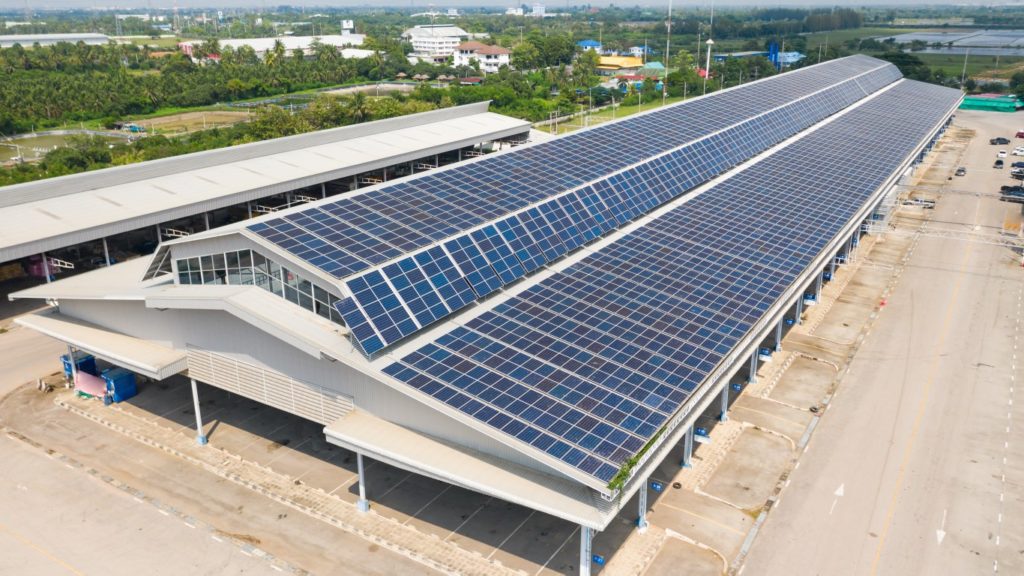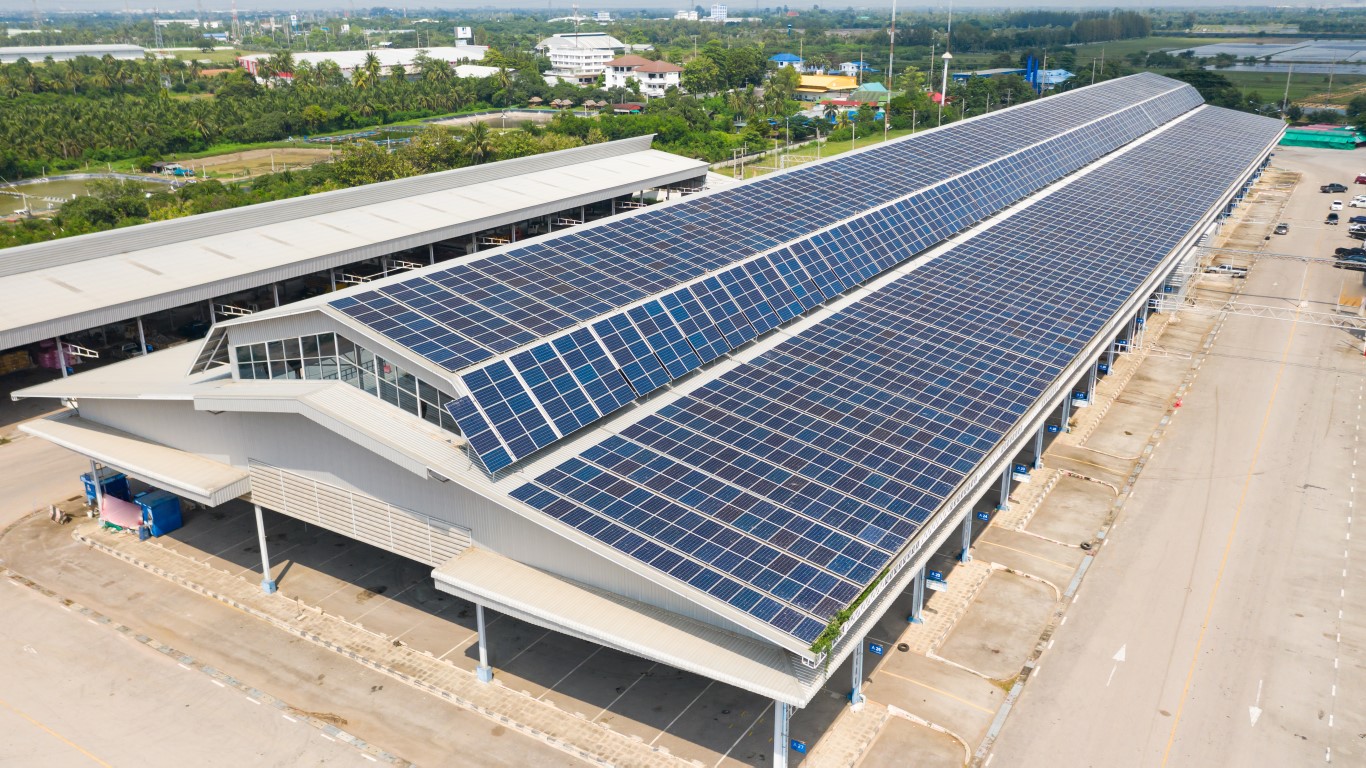
In recent years, governments around the world have been increasingly recognizing the pivotal role of solar energy in creating a sustainable and eco-friendly future. This surge in acknowledgment has translated into substantial support in the form of policies, incentives, and initiatives aimed at boosting the adoption of solar power. Let’s delve into the key ways in which governments are championing solar energy.
1. Financial Incentives: Governments are offering financial incentives to individuals and businesses making the switch to solar. These incentives may include tax credits, rebates, and grants, making solar installations more financially viable and attractive.
2. Net Metering Programs: Many governments have implemented net metering programs, allowing solar system owners to feed excess energy back into the grid. This not only encourages the generation of clean energy but also provides opportunities for users to earn credits or compensation for their surplus electricity.
3. Renewable Energy Standards: Several countries have set ambitious renewable energy standards, mandating a certain percentage of the total energy production to come from renewable sources, including solar. This commitment ensures a gradual shift away from fossil fuels toward cleaner alternatives.
4. Subsidized Loans and Funding: Governments are facilitating access to affordable financing options for solar projects. Subsidized loans and funding programs aim to reduce the financial barriers associated with the initial investment in solar infrastructure.
5. Research and Development Initiatives: To further advance solar technology, governments are investing in research and development initiatives. These efforts focus on improving the efficiency and affordability of solar panels, energy storage solutions, and related technologies.
6. Streamlined Permitting Processes: Governments are working to simplify and expedite the permitting processes for solar installations. By reducing bureaucratic hurdles, they aim to make it easier for individuals and businesses to embrace solar energy.
7. Public Awareness Campaigns: Governments are actively engaged in raising public awareness about the benefits of solar energy. Public campaigns educate citizens about the environmental advantages, cost savings, and long-term sustainability associated with solar power.
The collective support from governments worldwide is propelling the solar energy sector into a new era of growth and accessibility. As we witness this unprecedented backing, it’s evident that solar power is no longer just an alternative but a central component of our global energy landscape. With continued government support, the future of solar energy looks exceptionally bright, promising a cleaner, greener, and more sustainable world for generations to come.






Comments are closed